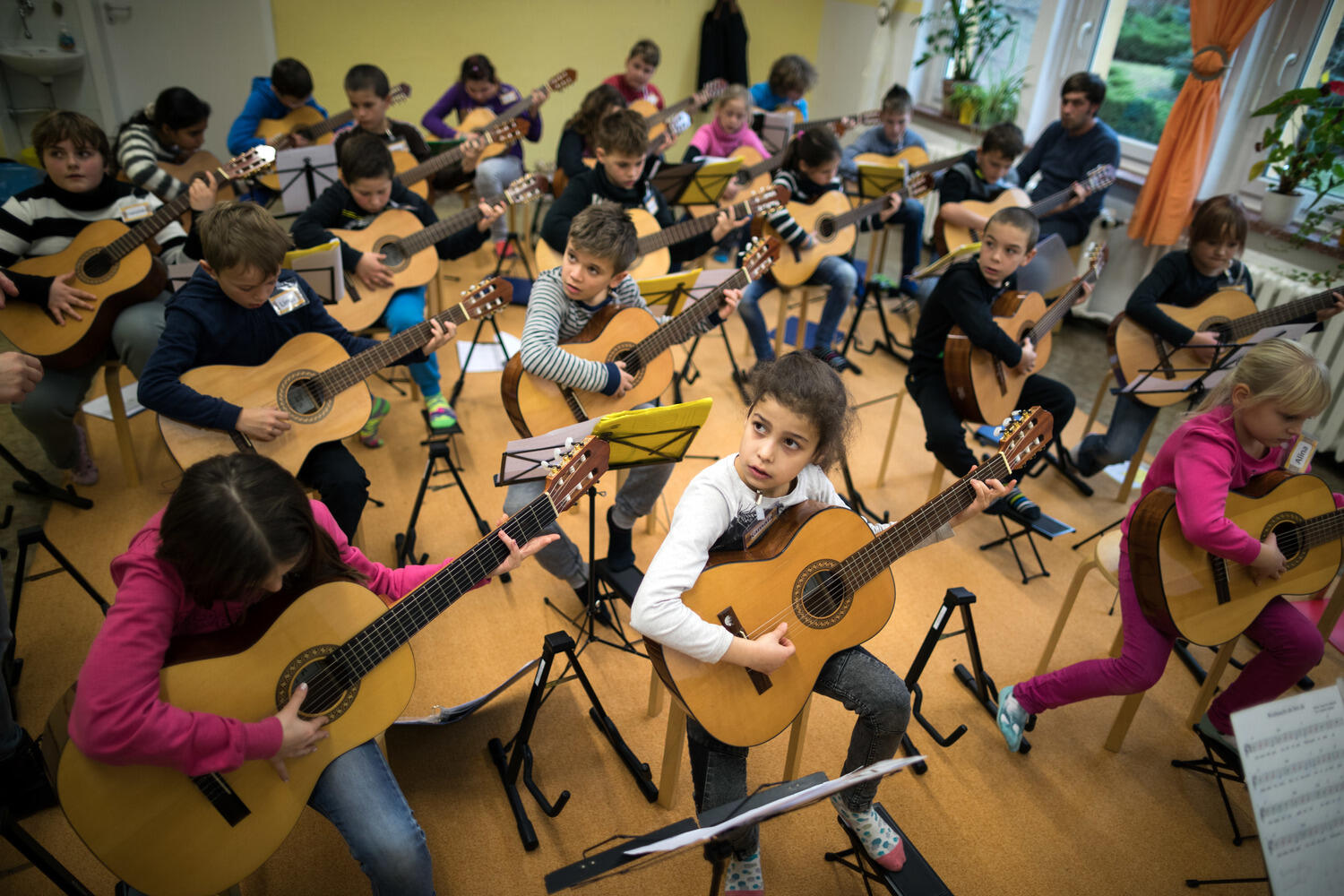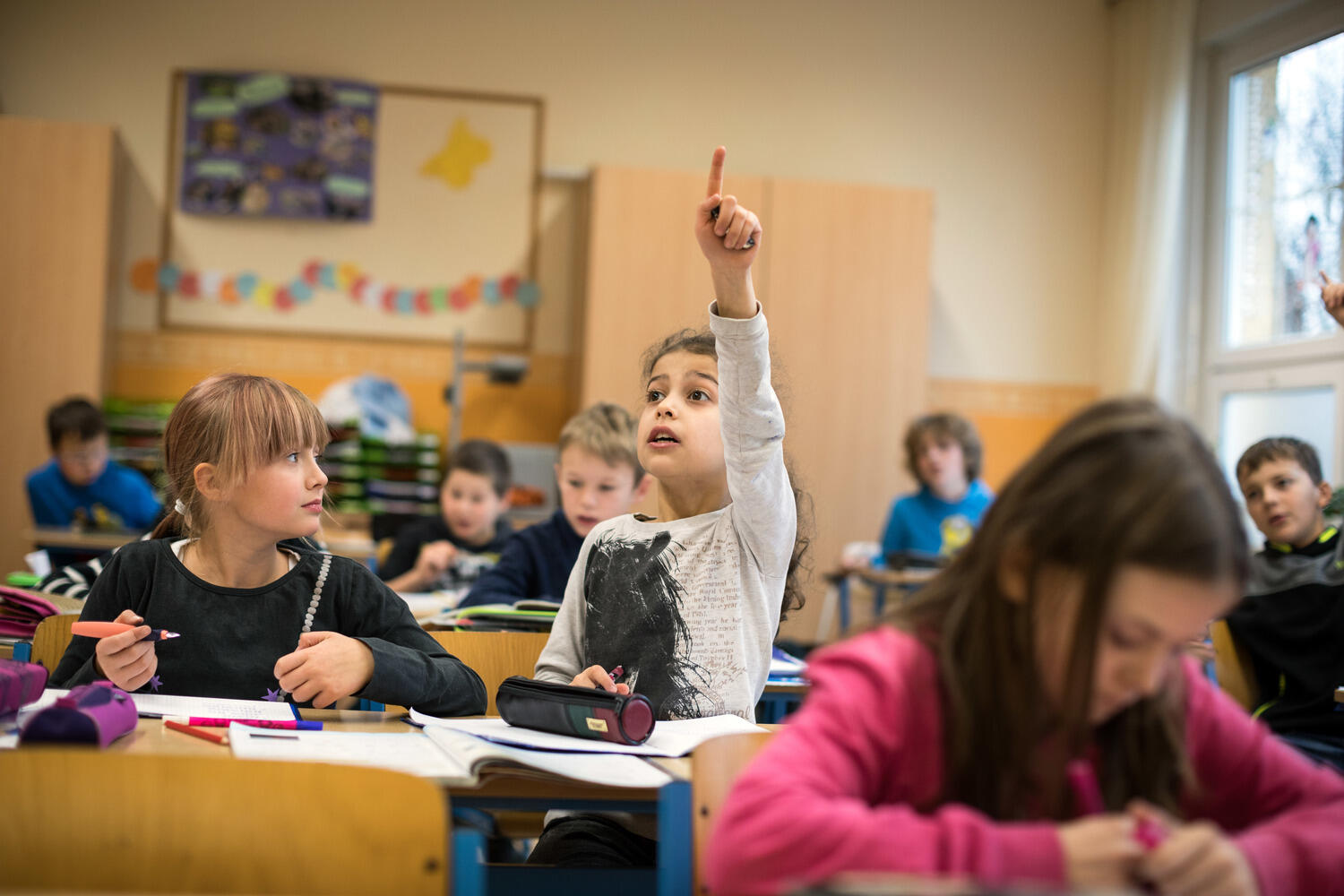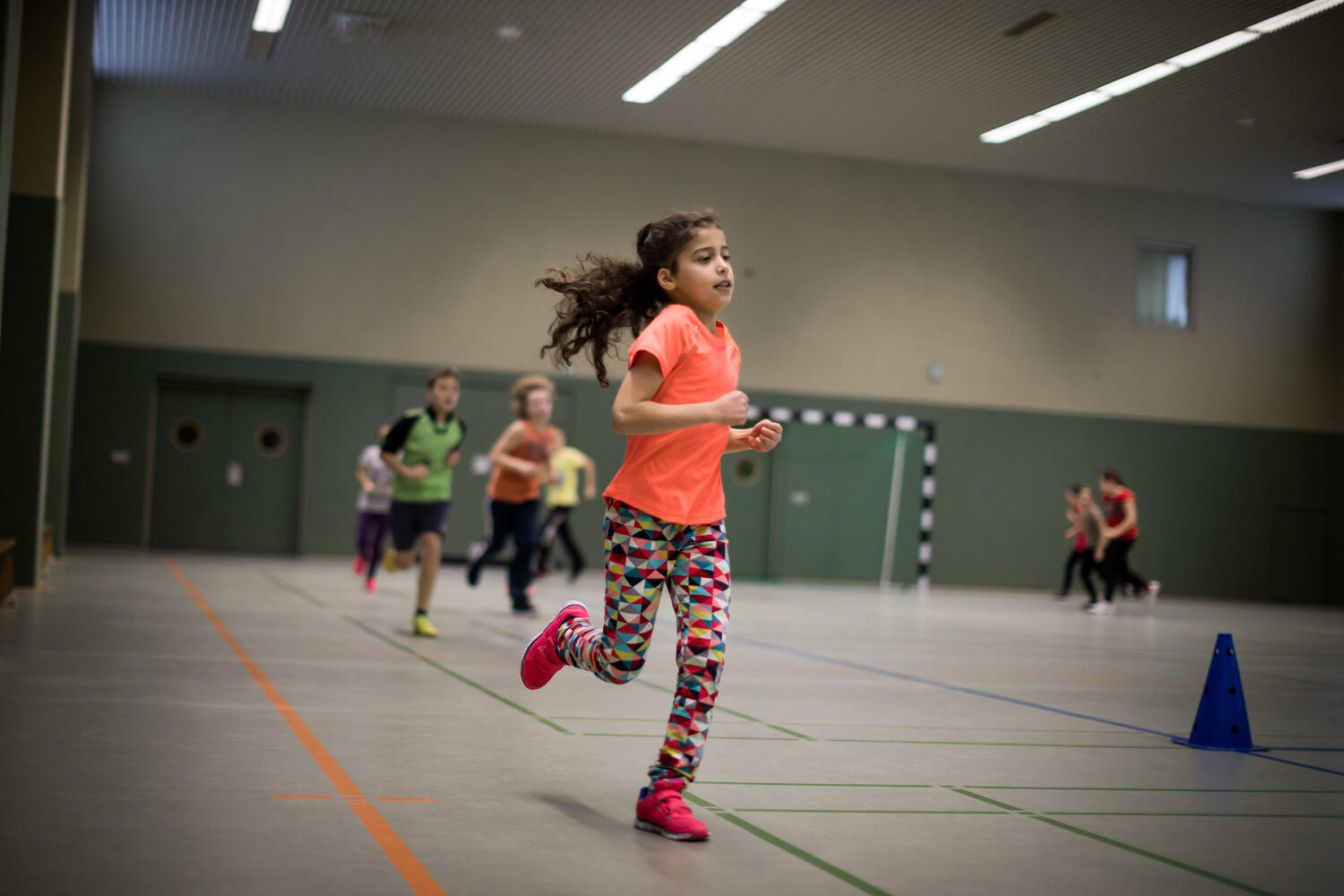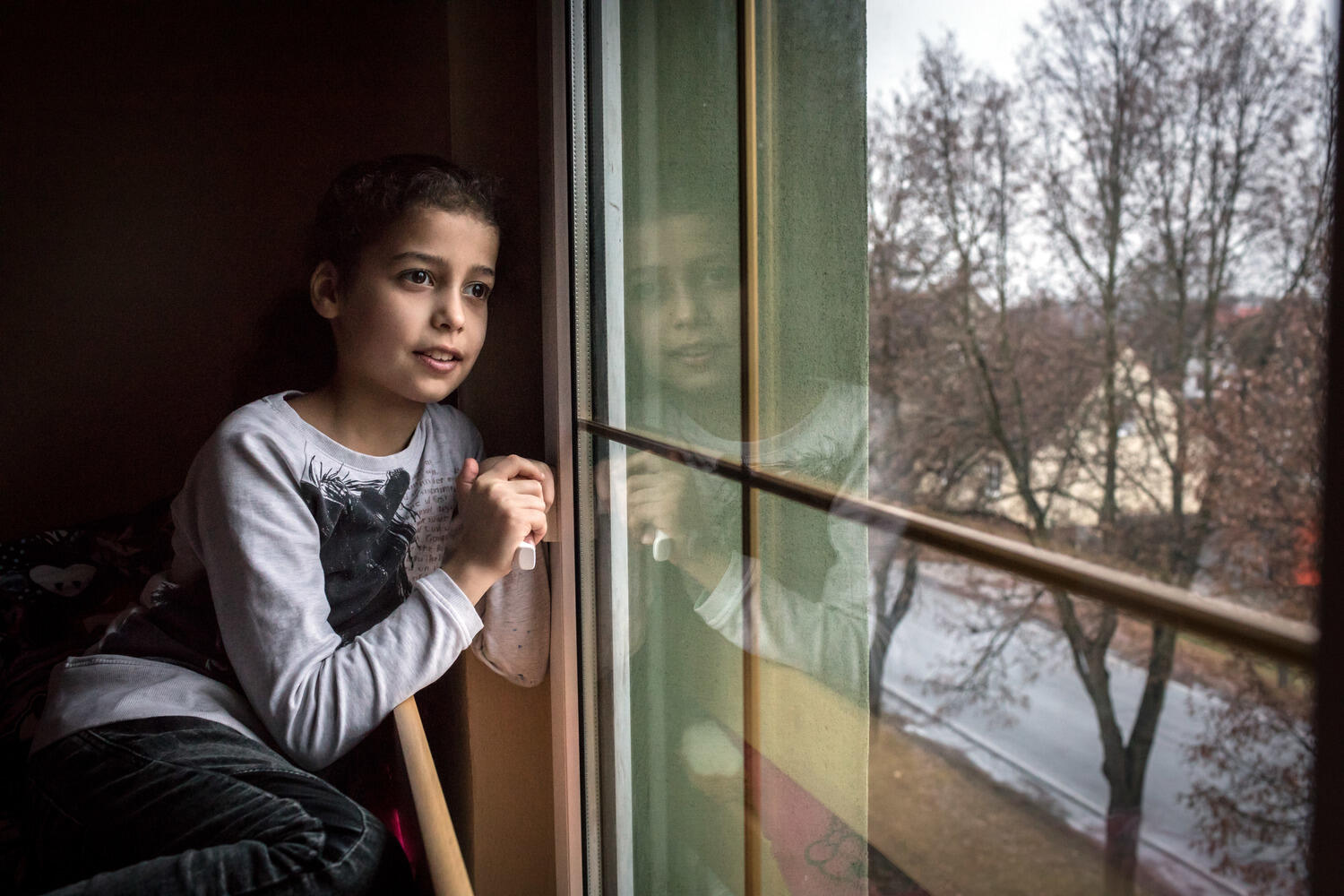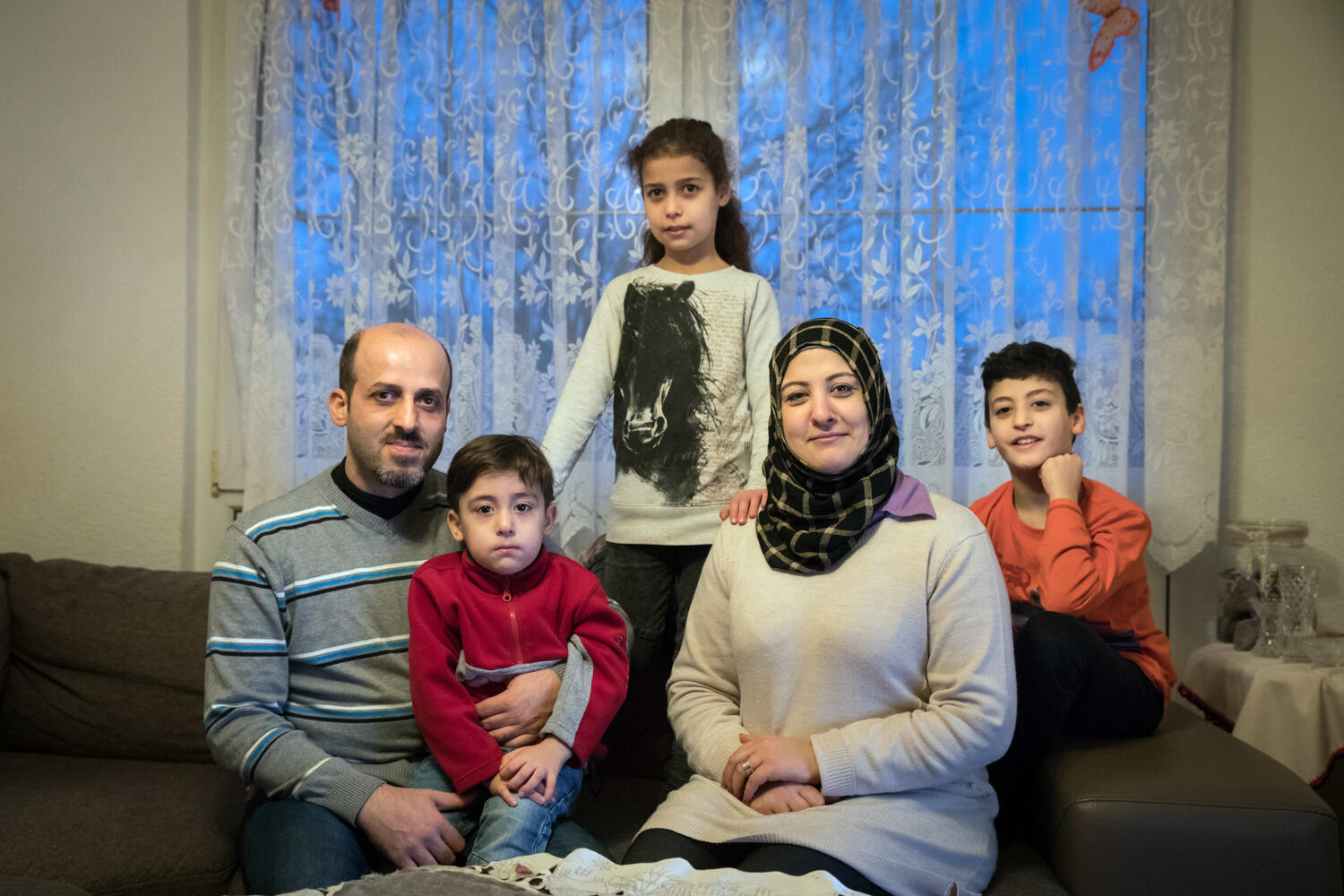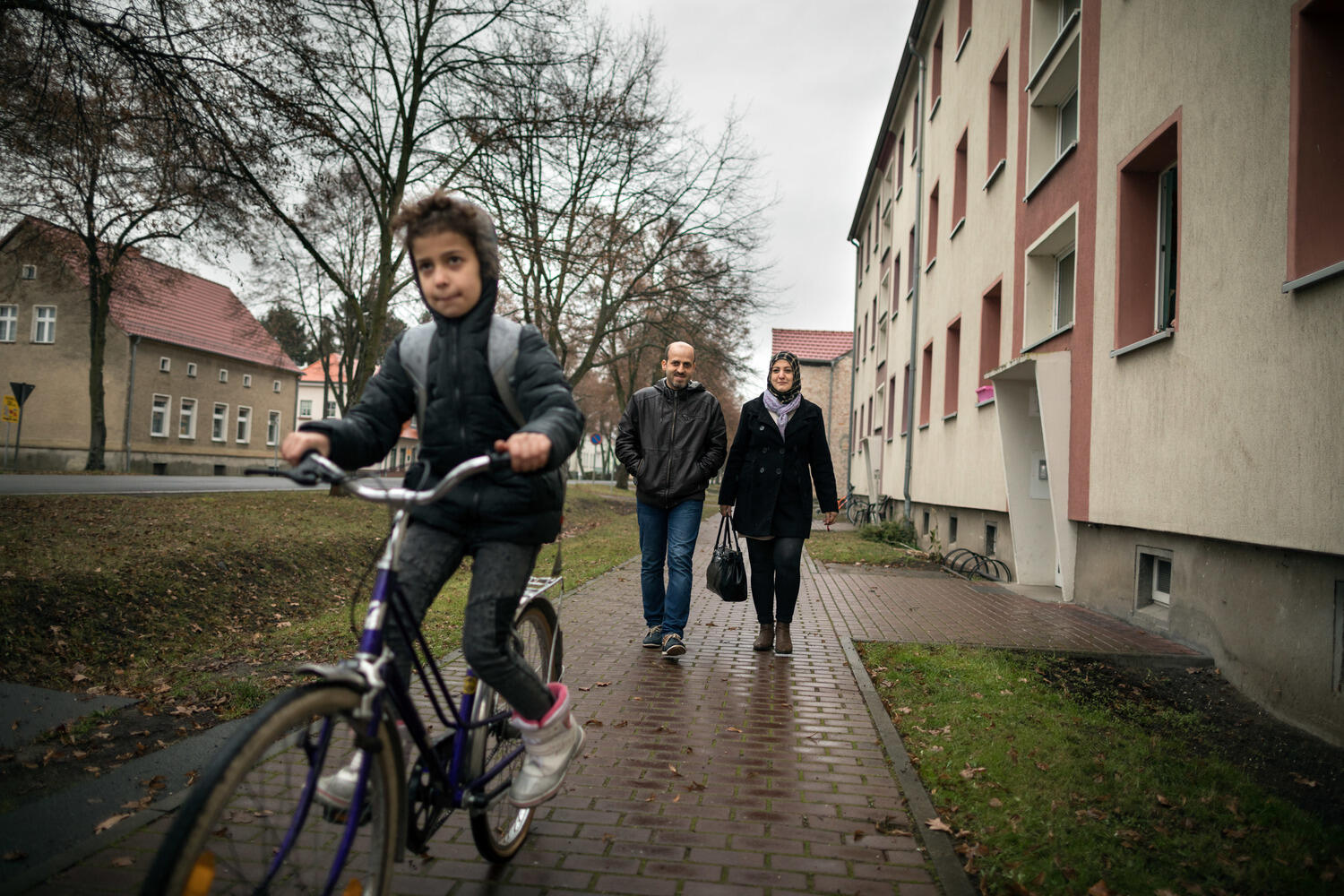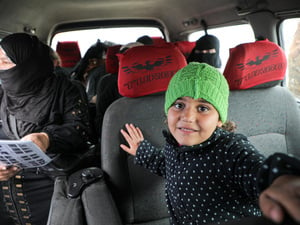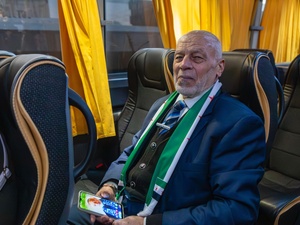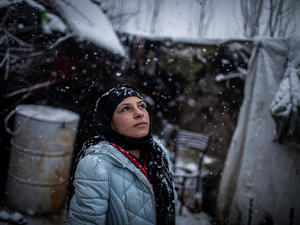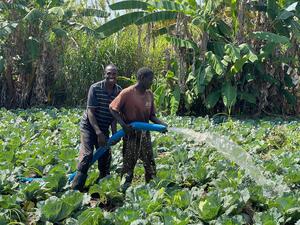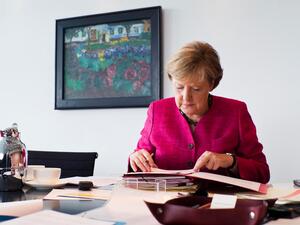Syrian refugees breathe new life into shrinking German village

Syrian refugees breathe new life into shrinking German village
In 2015, a group of Syrian refugee children saved a famous German school from disaster and breathed new life into a shrinking village. Nearly two years later, they’ve become an indispensable part of community life.
“It was no life there in Syria, we were all so scared all of the time. I just wanted peace, nothing else,” says Syrian refugee Halima Taha, 30, who fled the war at home four years ago with her husband and three children. Arriving in Germany, they volunteered to move to Golzow, a tiny village on the German-Polish border.
At the time, Halima had no idea what her family’s arrival meant to the villagers. Back then, the village’s shrinking population was bad news for Golzow’s primary school, known by film fans the world over as the setting for 'The Children of Golzow', an epic 42-hour documentary filmed over five decades.
Yet the school’s fame wasn’t enough to save it from the effects of a creeping decline. Over the space of eight years, Golzow’s population shrank by 12 per cent, to just 835 people. Then, in March 2015, the unthinkable happened. For the first time since it opened in 1961, the school failed to make up the pupil numbers required for a reception class.
“It was no life there in Syria, we were all so scared all of the time."
“A lot of people have moved away in recent years,” explains school headmistress Gabi Thomas. “There just weren’t the young parents having children who would go to the school. Activity and life is very important in a rural region, and that is brought in by children.”
The community was distraught, fearing the beginning of the end for their beloved school. That is until Golzow’s mayor Frank Schütz came up with an inspired solution. He would ask local authorities to find refugee families with primary school-age children who might want to move into one of Golzow’s many empty apartments. “It was an added advantage that we were helping someone who is actually helping us as well,” says Mayor Schütz.
Sixty kilometres away, Halima and her young family had just arrived in Brandenburg’s main reception centre at Eisenhüttenstadt, utterly exhausted after a gruelling three and a half years on the road from Syria to Germany. When they were asked if they’d like to move into a donated apartment in a nearby village, they jumped at the chance.
“We didn’t mind what kind of place we went to, as long as it was clean, with good people,” says Halima. “We thought, why not?” Months later, Halima, her family and another Syrian family arrived in Golzow, bringing with them six much-needed school-age children in time for the new school year.
Although they were a little older than their classmates, three young newcomers joined the reception class, pushing numbers over the required minimum of 15. It was win-win – the year group was saved and the Syrians got a new home.
Nearly two years on, one of the schools’ rescuers, Halima’s 10-year-old daughter Kalama, has adjusted quickly into her new life. “Lots of things are different here, of course,” she says, surrounded by a group of German school friends in a break between lessons.
Though Kamala and her family are Muslims, Kalama said she’s enjoyed learning about German customs. “In Syria, we never celebrated Christmas or Easter or Halloween,” she adds, in near-fluent German. “I like Easter best because we get to hunt for chocolate eggs.”
Kamala is a bright pupil and has now been promoted from her introductory reception class up into the third grade, where her favourite subjects are maths, music and sport. Outside of school, she finds plenty to keep her occupied, playing badminton with friends in the village after-school club, or learning to ride her next-door neighbour’s ponies.
“I like Easter best because we get to hunt for chocolate eggs.”
“They want to know about us and we want to know about them,” says Kamala of her German classmates. “There’s so much to tell and explain. Sometimes I translate for the others into Arabic or German.”
Like their daughter, Kalama’s parents Halima and Fadi are so settled that they often act as go-betweens between newcomers and locals. Last February, they helped welcome a third Syrian family to Golzow.
“We helped them a lot, when they didn’t know where stuff was or how things worked,” says Halima, who believed it was the least they could do given the welcome they had received from villagers.
“Everyone came to welcome us here with flowers,” recalls Halima. “I was so surprised, I couldn’t do anything but cry. If more families come, they’d be very welcome. Golzow is very open, it’s a very small village and the people are very beautiful.”
Halima and her family now have refugee status and a visa allowing them to live and work in Germany for the next three years. Halima works part time as an Arabic interpreter for a German charity that helps asylum-seekers. Meanwhile, Fadi is looking for work and is practising for his German driving test. He also enjoys fishing and tending his allotment garden with his neighbours.
Even so, for all their hard work fitting into village life, Fadi and Halima still miss their old lives. “It can be difficult,” says Fadi, 40, who ran a real estate business at home in Latakia. “We had a good life in Syria. But then the war came and we had to leave. Now we are trying to have a good life again. We all help each other here. Golzow is a second family for us. But of course, all we want is the bloodshed in Syria to stop so we can go home again.”
“I’d like that my children and I can return to Syria one day,” agrees Halima. “Home is home, after all. While we wait, the children must learn, study and get good careers. At least here we are safe."

